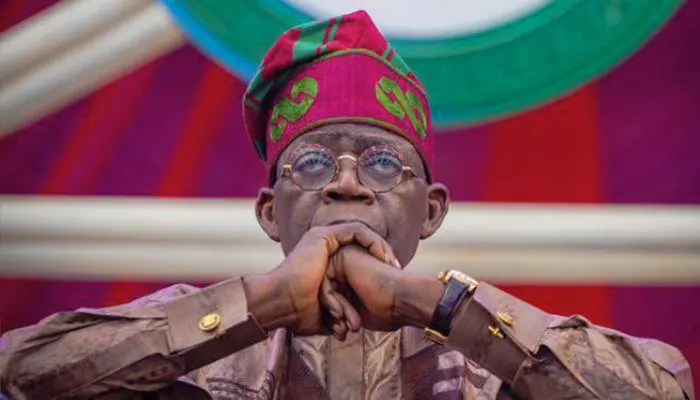Nigeria’s main opposition party has intensified criticism of President Bola Tinubu’s administration for falling short of its pledge to provide uninterrupted electricity within four years, a promise central to his 2023 election campaign. The African Democratic Congress (ADC) asserted that despite a sharp rise in energy costs and repeated grid failures, millions of citizens remain trapped in prolonged darkness, with rural communities disproportionately affected.
In a social media post on Saturday, ADC interim spokesman Bolaji Abdullahi highlighted the widening gap between government promises and realities. He cited Tinubu’s campaign vow to ensure 24/7 power supply, noting the president had challenged citizens to withhold support for a second term if he failed. “Today, we just want to remind President Tinubu that he promised Nigerians uninterrupted electricity within four years. All by himself,” Abdullahi wrote on X, formerly Twitter.
Available data underscores persistent challenges. Since Tinubu assumed office in May 2023, electricity tariffs have surged by 240%, yet the national grid has collapsed at least 12 times, disrupting households and businesses. Over 90 million Nigerians—nearly half the population—still lack reliable access to electricity, according to Abdullahi. Many urban residents receive only four to six hours of daily power under the government’s categorized supply system, known as Band A–E, which critics argue has deepened inequities. Rural areas fare worse, with an estimated 50 million families entirely disconnected from the grid, relying on costly alternatives like generators or solar kits.
The ADC accused the administration of stagnation, citing no major reforms or clear strategy to overhaul the sector in 26 months. “There’s been no roadmap, no urgency,” Abdullahi stated, stressing that Nigeria’s power crisis continues to strain livelihoods. Mobile charging kiosks remain a lifeline for citizens to power devices, while fuel expenses for generators drain incomes—a reality at odds with Tinubu’s vision of modernization.
Energy instability has long hindered Nigeria’s economic growth, with businesses and households spending billions annually on backup power solutions. The World Bank estimates that outages cost the country $28 billion yearly—nearly 2% of its GDP. Despite inheriting a fragile grid, Tinubu’s administration has faced scrutiny over the pace of improvements. Government officials have previously acknowledged systemic issues, including outdated infrastructure and debt-ridden distribution companies, but opponents argue visible progress remains elusive.
As the administration crosses its midway point, the ADC’s rebuke reflects growing impatience among citizens and political rivals. With national elections three years away, the party’s focus on unmet pledges signals efforts to frame the energy crisis as a litmus test for Tinubu’s accountability—and electoral prospects.
